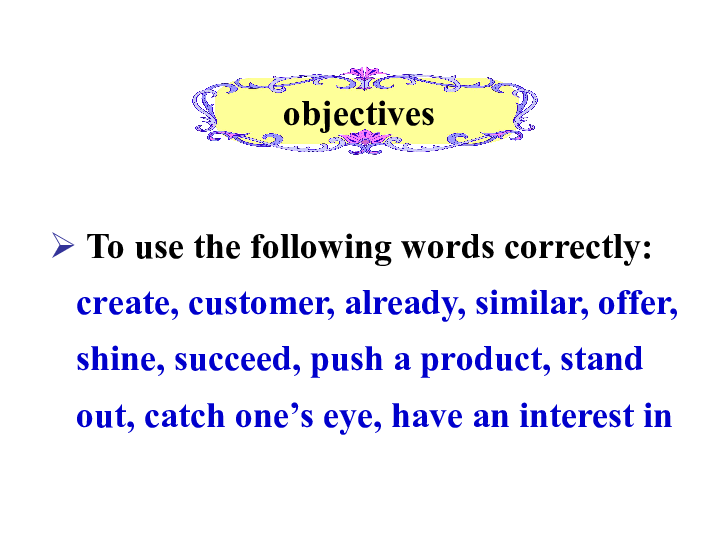How to Become a Loan Officer: A Comprehensive Guide to Kickstart Your Career in the Lending Industry
#### IntroductionBecoming a loan officer is an exciting career choice for those interested in finance and customer service. This role involves helping indiv……
#### Introduction
Becoming a loan officer is an exciting career choice for those interested in finance and customer service. This role involves helping individuals and businesses secure loans for various purposes, such as purchasing a home or financing a business. If you're asking yourself, "How to become a loan officer?" you're in the right place. This guide will provide you with all the necessary steps, skills, and insights to embark on this rewarding career path.
#### Understanding the Role of a Loan Officer
A loan officer acts as a liaison between borrowers and lenders. They evaluate loan applications, assess creditworthiness, and guide clients through the lending process. It's essential to have strong analytical skills, excellent communication abilities, and a solid understanding of financial products. Loan officers typically work for banks, credit unions, mortgage companies, or independent financial institutions.
#### Educational Requirements
To become a loan officer, you typically need at least a high school diploma. However, many employers prefer candidates with a bachelor's degree in finance, business administration, or a related field. Courses in economics, accounting, and statistics can be particularly beneficial. Additionally, some loan officers pursue specialized training programs or certifications to enhance their qualifications.
#### Gaining Relevant Experience
Experience in the financial sector can significantly boost your chances of becoming a successful loan officer. Many professionals start their careers in entry-level positions within banks or financial institutions, such as bank tellers or customer service representatives. This experience helps you understand the lending process and develop essential skills.

#### Obtaining Necessary Licenses
In the United States, most states require loan officers to be licensed. This typically involves completing pre-licensing education, passing a national exam, and undergoing a background check. The Nationwide Mortgage Licensing System (NMLS) manages the licensing process. Be sure to check your state’s specific requirements, as they can vary.
#### Developing Essential Skills
To excel as a loan officer, you need a diverse skill set. Here are some crucial skills to develop:
1. **Communication Skills**: You'll interact with clients, lenders, and other professionals, so being able to communicate clearly and effectively is vital.
2. **Analytical Skills**: Assessing financial information and determining creditworthiness requires strong analytical abilities.

3. **Sales Skills**: Loan officers often need to sell financial products to clients, so having a knack for sales can be beneficial.
4. **Attention to Detail**: The lending process involves a lot of paperwork and regulations. Being detail-oriented helps you avoid costly mistakes.
5. **Customer Service Skills**: Providing excellent customer service is key to building relationships and ensuring client satisfaction.
#### Networking and Building Relationships
Networking is crucial in the lending industry. Attend industry events, join professional organizations, and connect with other loan officers and financial professionals. Building relationships can lead to referrals and new business opportunities.
#### Continuing Education and Professional Development

The financial industry is constantly evolving, so staying updated on trends, regulations, and new products is essential. Many loan officers pursue continuing education courses and attend workshops to enhance their knowledge and skills.
#### Conclusion
If you're passionate about finance and helping others achieve their financial goals, becoming a loan officer can be a fulfilling career choice. By following the steps outlined in this guide—understanding the role, gaining relevant education and experience, obtaining necessary licenses, developing essential skills, and networking—you'll be well on your way to answering the question, "How to become a loan officer?" With dedication and hard work, you can thrive in this dynamic field.